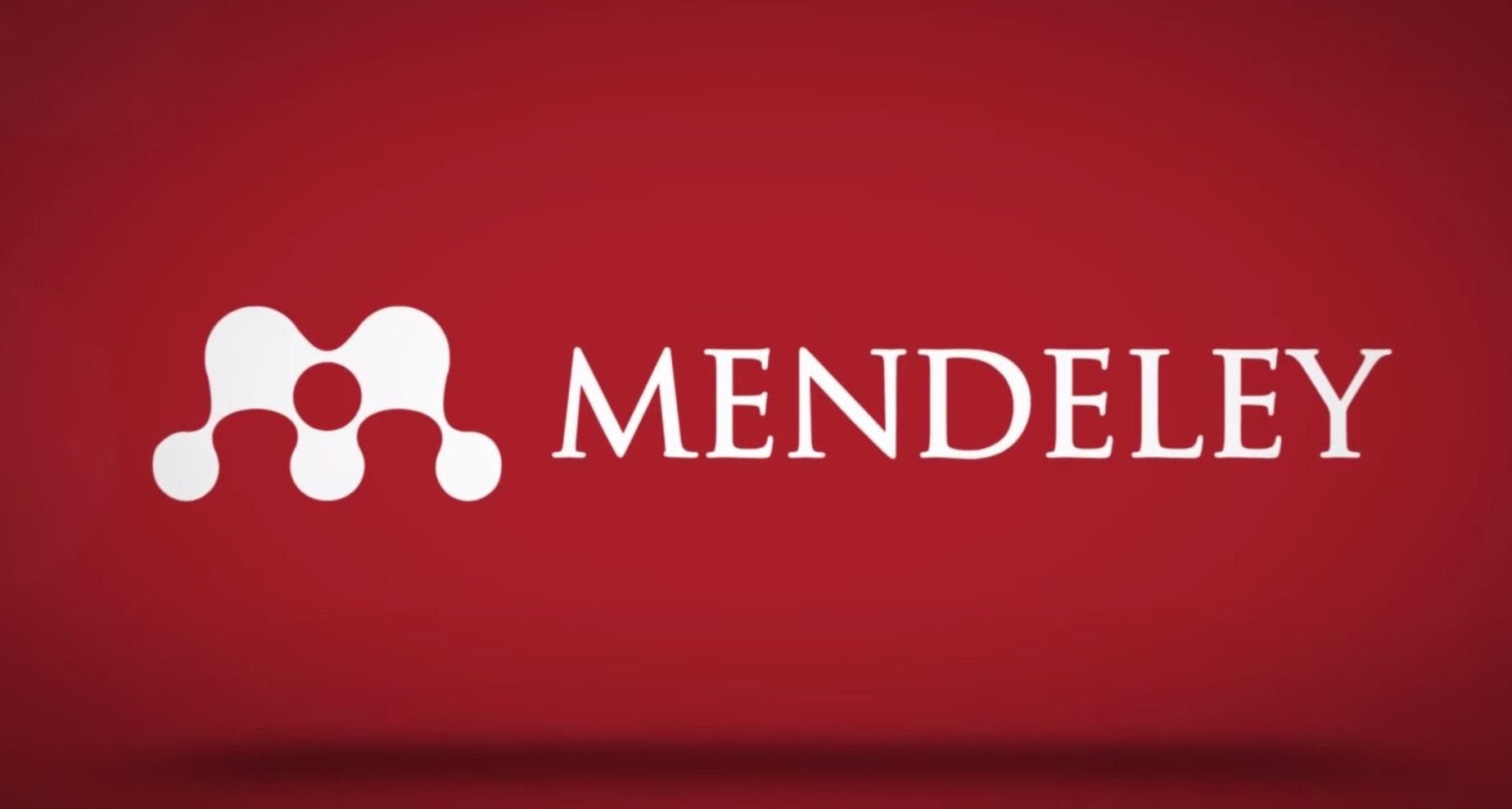PENENTUAN LABA OPTIMAL DAN PENGAKUAN LABA BERSIH PADA PEDAGANG KELILING
Keywords:
Optimal Profit, Net Profit, Cost-Volume-Profit AnalysisAbstract
Profit is the basis for calculation of wealth redistribution to each individual, and the profit is seen as a guide in decision making. In addition to making a profit, the company's main goal is maximizing profits. Traveling salesman or traders who are lower middle-level economy also apply the recognition, measurement and reporting of profits despite the relatively small effort and does not require initial capital expense or a lot. These researching are aiming to find out act of determining optimal profit and confession net profit of traveling salesman. Ethnography is a method used to determine how traders create and understand the day-to-day life. The study was conducted by interviewing the traveling salesman in the Malang district Poncokusumo Belung districts. Interviews were conducted to determine the activity of the production of traveling salesman in understanding and generate maximum profit. The results of this study show that the traveling salesman has his own understanding of the profits. Each traveling salesman apply each theory in productive activity. Some aspects such as environmental and educational aspects influence the differences in the recognition process of the determination of net income and the optimal profit with the analysis of cost-volume-profit. Subsequent research suggested going directly to the field such as the traveling salesman selling involved, so that the data obtained from respondents can be observed directly.







